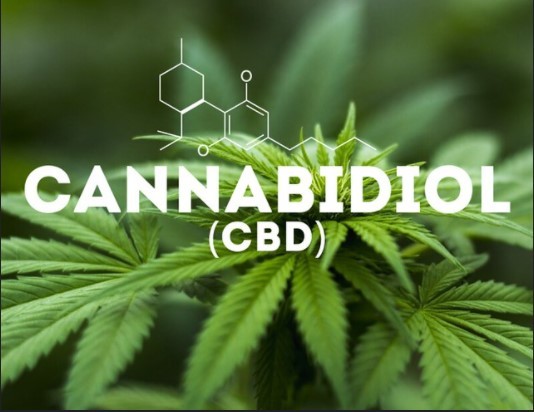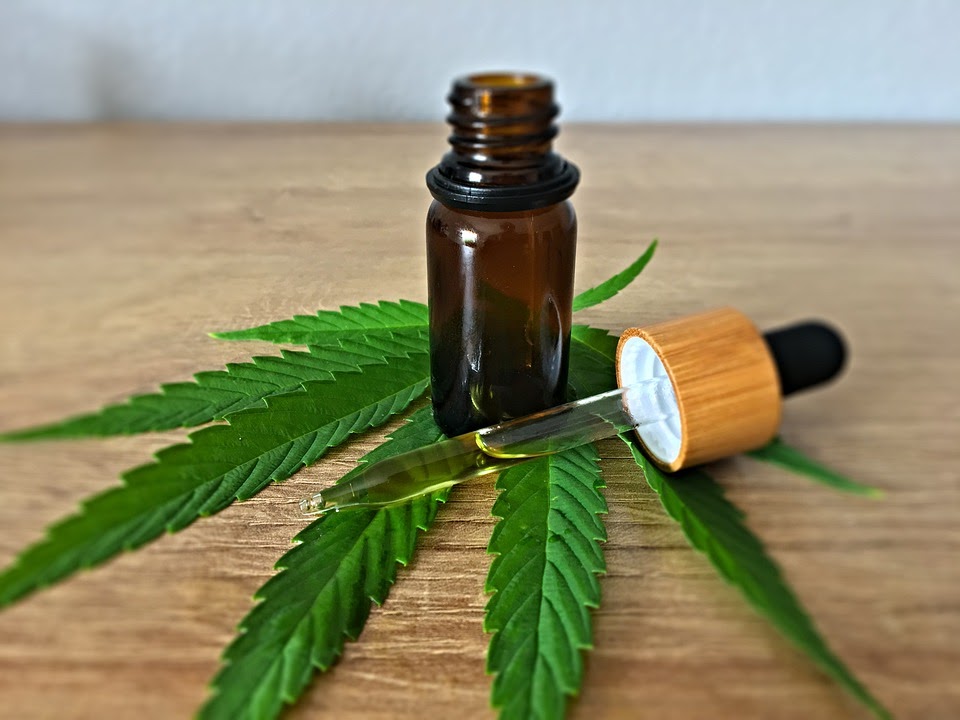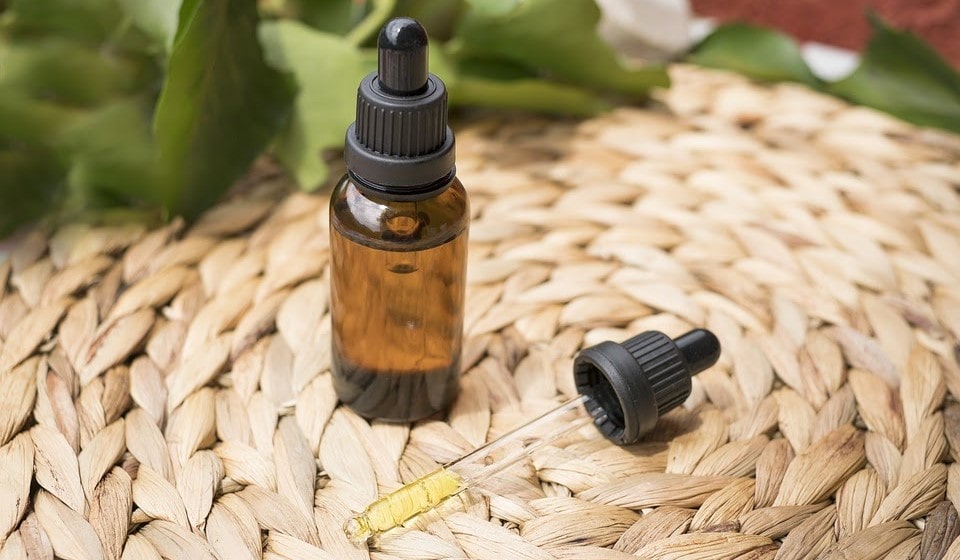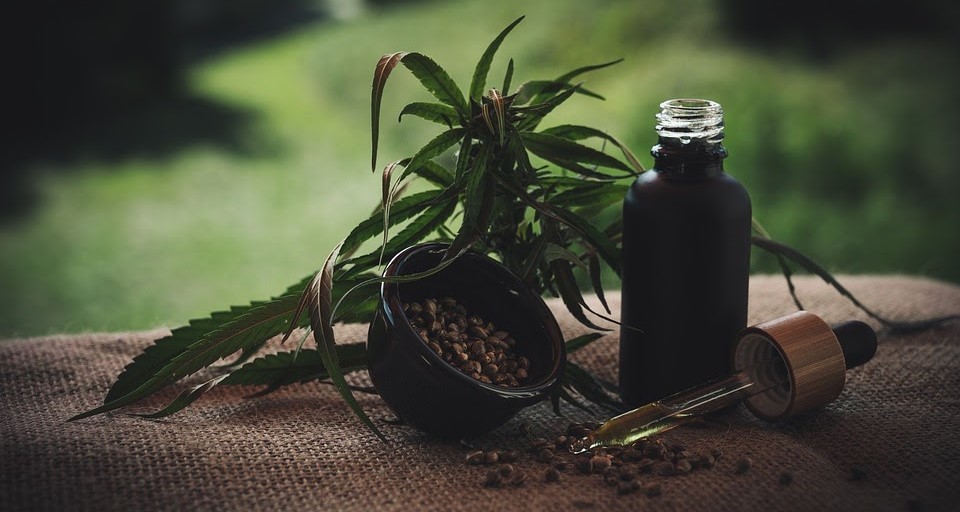
Is CBD Oil Good For Depression?
Depression is a pandemic in its own right. Isn’t it shocking that almost 264 million people are suffering from depression across the globe?
In fact, some drugs doctors prescribe for the treatment or mitigation of depression come with significant side effects, like mood swings or sleeplessness.
What is really CBD and why is it so medicinal? CBD is a chemical compound extracted from the Sativa strain of the hemp plant. It is a non-psychoactive compound of the cannabis plant whose resin includes a number of beneficial compounds that aid in alleviating pain, inflammation and neurological issues. Although cannabis has a popular connotation to marijuana in our culture, the two are very different, as cannabis is derived from the hemp plant and not the marijuana plant.
In recent times, there has been a growing interest in the use of CBD oil for depression and other physical or mental health issues, since the compound has been studied and shown to treat depression, while generating fewer side effects compared to other pharmaceutical drugs. One of the biggest reasons for the growth of the CBD industry is its purported benefits in treating epilepsy, a consensus which has garnered a lot of media attention over the years. Since then, the popularity of CBD has grown due to its natural healing abilities and the industry is set to grow on average 107% annually.
So, what makes cannabis so effective? For one, cannabis has over 80 chemical compounds called cannabinoids. Amongst the many compounds found in cannabis, most people are familiar with tetrahydrocannabinol (THC).
THC is a psychoactive substance that causes a “high” similar to what is obtainable in cannabis. However, CBD (despite sharing a sizable bulk of THC’s health benefits) is distinctive from THC in that CBD doesn’t have any of the psychoactive characteristics of THC.
Because of its therapeutic benefits to the brain and the nervous system, recent studies suggest that CBD could act as an antidepressant, showing promise in mitigating the effects and symptoms of depression. Indeed, recent animal studies show that CBD’s effect on certain brain receptors does produce anti-anxiety effects.
There is no doubt that research is consolidating CBD’s potential benefits for mental health. Nonetheless, it is necessary to understand that the study of CBD use for depression is still ongoing.
So far, the scientific community is yet to reach a definitive conclusion on how CBD compounds influence the brain to bring about the effects of healing and the alleviation of depression. Thankfully, a reasonable fraction of research is currently exploring how CBD manages depression by influencing the serotonin receptors in the brain.
How about we delve deeper into findings from these studies?
Critical research findings on CBD and its relationship with depression
Studies involving animal testing have emphasized the potency of CBD in treating depression. Specifically, a revealing study leveraging animal models showed CBD could supplement (or even entirely replace) our traditional antidepressants by utilizing CBD’s anxiolytic properties.
The animals in the study were suffering from depression. In order to find conclusive correlation between CBD and depression alleviation, the study executed strategic exercises such as elevated plus maze (EPM), forced swimming test (FST), and Vogel conflict test (VCT). In fact, the study did point to CBD’s robust antidepressant qualities.

IFor instance, the studies revealed impressive engagement between the 5-HT1A neuro-receptor and CBD. Specifically, CBD in these experiments showed that powerful neuroreceptors CB2 and CB1 were not activated. This was a strong indicator that there is a reduced risk of people getting addicted to CBD when used therapeutically.
Studies also show CBD’s potential as an inhibitor that alleviates addiction to opioid usage for individuals with an opioid problem. More research likewise points to CBD as a fast-acting and natural antidepressant.
Although most CBD research has been predominantly focused on animals, the initial results are crucial to our understanding of the effects of CBD on the human body.
CBD and panic-related depression
Depression is related to panic and anxiety conditions. In fact, panic disorder (PD) affects approximately 2.7% of the American population or about 6 million adults in the U.S.
Studies are illuminating the applicability of CBD to treating such panic disorders, courtesy of CBD’s anti-anxiety capacities.
In cases of human testing, a single 300 mg (milligrams) of CBD resulted in a significant reduction in anxiety levels after a controlled public speaking test.
What should you know about the side effects of CBD?
Medical research reveals side effects could be triggered when ingesting or inhaling CBD oil. These side effects (and their consequent severity) vary depending on the dose and the person’s sensitivity and genetics.
Typical side effects can include:
- Changes in Appetite
- Anxiety
- Changes in mood
- Drowsiness
- Dry mouth
- Nausea
- Vomiting
- Diarrhea
Going by findings from a 2019 study on mice, there is also a possibility that CBD oil can increase liver enzymes, which is an indicator of liver inflammation.
Therefore, individuals living with liver disease are advised to be careful when consuming CBD oil. They should preferably do so under the strict supervision of a medical practitioner. Also, this physician should regularly monitor blood liver enzyme levels and control for dosage.
It is also advisable for pregnant women to generally avoid using CBD products. The reason behind this is because there isn’t yet sufficient research or established scientific data on the long-term effect of using phytocannabinoids products before childbirth.

What’s more, there is no guarantee that you would get the purest CBD products, given the epileptic regulatory architecture in the CBD industry as of today. Of course, the latter is understandable, given that the CBD industry is still an emerging one.
Felice Gersh, the Director of the Integrative Medical Practice of Irvine in Irvine, California, advises the path of caution, pointing out that CBD “production is poorly regulated in most states.”
Likewise, be aware that certain CBD oils contain minute amounts of THC. Because of this, it is necessary to avoid using heavy machinery or driving when consuming CBD oil, especially if it is your first time using CBD oil or using a different brand.
How does CBD interact with other drugs?
As a chemical compound, cannabinoids may interact unexpectedly with other drugs, including some medications used in the treatment of epilepsy.
Cytochrome or P450 (CYP450) is an enzyme that is used for metabolization in some drugs. CBD interacts with cytochrome by either decreasing the efficacy of these drugs or increasing their toxicity.
Other likely drug-interactions with CBD are listed below:
- Anticonvulsants such as Trileptal (oxcarbazepine) and Tegretol (carbamazepine)
- Anti-arrhythmia drugs such as Quinidine
- Antipsychotic drugs such as Orap (pimozide)
- Atypical antidepressants such as Remeron (mirtazapine)
- Antifungal drugs such as Vfend (voriconazole) and Nizoral (ketoconazole)
- Opioid pain medication such as Duragesic (fentanyl) and alfentanil
- Rifampin-derived medication used in the treatment of tuberculosis
- Macrolide antibiotics such as telithromycin and clarithromycin
- Migraine drugs like Ergomar (ergotamine)
- Benzodiazepine-based sedatives such as Halcion (triazolam) and Klonopin (clonazepam)
Most of these interactions are moderate to mild, requiring little or no treatment. A few others may require spacing of dosage intake or complete substitution of the medication.
To prevent any detrimental interaction, consult your healthcare provider about the medication you are currently taking, be it over-the-counter, herbal, prescription, or recreational.
How should you use CBD Oil?
Realistically, there are no specific guidelines regarding how to maximize the benefits of CBD oil for depression. Also known as a CBD tincture, CBD oil is typically introduced in the body via sublingual ingestion (beneath the tongue).
However, to enjoy the effect of its rapid antidepressant qualities, it is advisable to ingest CBD orally as a capsule or nasal spray. CBD may also be consumed as a candy, gummy, or beverage.
To use CBD oil to cure depression, it is suggested to use one or more drops of the tincture should be placed under the tongue and held for thirty seconds up to a minute without swallowing.
Gummies and capsules are easier to ingest, although more expensive. For convenience, the individual may try a CBD sublingual spray.
CBD oil is mostly sold in 30 ml (milliliter) bottles. These bottles may contain a dropper cap. Because there is no “right” dose of consumption of CBD oil to attain specific benefits, daily dosage may range anywhere between 5 mg and 25 mg each day, depending on whom you consult.
The challenging part is the calculation of the precise amount of CBD per milliliter of oil. The CBD oil concentration may be higher, depending on the brand. Indeed, the most popular products can range from 1500 to 3000 per milliliter.
Calculating the CBD Dose
To calculate the precise dose of CBD oil, it is worth remembering that a drop is equivalent to 0.05 milliliters. Therefore, a 30-milliliter bottle of CBD tincture will contain approximately 600 drops of oil.

Where the oil concentration is 1500 milligram per milliliter, one drop would be equal to 2.5 milliliters. This is readily mathematically arrived at by dividing 1500 by 600.
What to Look For
Experts advise against buying CBD isolates. It is better to choose full-spectrum oils instead. Isolates do not have any other properties except extracted CBD.
On the other hand, full-spectrum oils have an array of chemical properties that are naturally found in the cannabis Sativa plant and that complement one another in terms of healing benefits to the body.
These additional compounds include:
- Proteins
- Terpenes
- Flavinoids
- Chlorophyll
It is vital to note the CBD oil industry remains largely unregulated. This explains why the industry is often struggling with malpractices.
In fact, a study showed that only 30.95% of CBD products had correct labels. The majority had less CBD concentrates than advertised, with 21.43% testing for no trace of THC.
Why Organic is Preferable
Borrowing the perspective of the US Department of Agriculture (USDA), “organic” generally denotes items whose production process is thoroughly free of artificial enhancers like synthetic fertilizers, pesticides, ionizing radiation, or organisms that are genetically modified.

This means that certified organic CBD brands have their CBD grown under these uncompromised conditions. Of course, this can play out in two ways. One is that they are totally free of synthetic chemical additives. The other is that the CBD is derived from hemp, which was thoroughly grown organically. In essence, organic CBD products are significantly much safer to take.
Understand the label
Individuals who choose full-spectrum oil still need to read the label, as not every product component may be natural. It is possible to find thinning agents, flavorings, and preservatives that could end up being harmful instead of beneficial. If an ingredient is unrecognizable, do your due diligence online or ask the dispenser why and how certain ingredients are used.
Conclusion
There still remains research to be done to unlock the full potential of CBD oil, specifically when it comes to depression. Nonetheless, CBD’s immense benefits are not exclusively beneficial for mental wellbeing but also for physical wellbeing in general.
Guards Down is an authoritative destination for anything CBD-related! We work tirelessly to provide our community and clients with the best services and products for PTSD and complex grief conditions. Search our shop for a CBD product that fits your needs.
Should you need qualitative advice from top experts on the usage of CBD products, reach out to us today to start your journey to wellness.
Our mission is simple. Do something!
